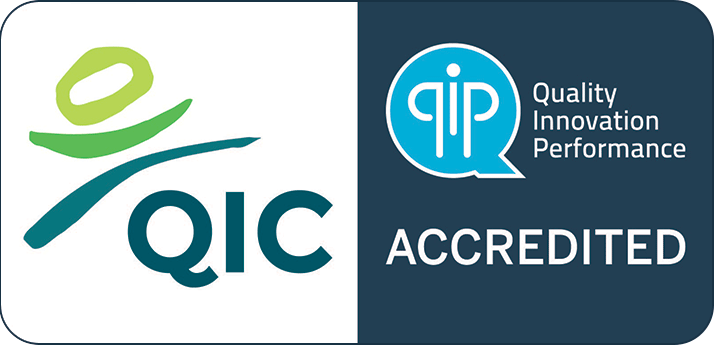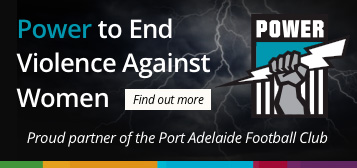Stewart the Angora rabbit twitches his nose on camera as baby goats Myer and Toby cheekily trot out of view.
The adorable trio are among a cast of critters bringing joy to young adults with an intellectual disability, through a new virtual experience at Centacare.
The Animal Wellbeing Program is facilitated by long-time wildlife warrior Liz Sparks, who uses Zoom and video to connect clients to all creatures great and small.
“It’s a nurturing and calming experience,’’ Liz says.
“A lot of the clients are non-verbal but to see them laugh and smile, and watch how their behaviour changes when they see the animals, it’s really powerful.’’
The animals are introduced in a series of short videos exploring each species, their diet, personality and their physical characteristics.
In Stewart’s case, his soft fur and floppy ears match his relaxed demeanour, which brings a sense of calm.
“For someone patting an animal, whether they are feeling fur or feathers or even a turtle shell, the tactile response can bring a sense of happiness, peace and comfort,’’ Liz says.
“It’s been shown that just sitting with an animal can lower a person’s heart rate and stress response.’’
From stick insects to crested pigeons and even a bearded dragon, more than 15 animals are part of the program. Many have been rescued by Liz, after being orphaned or injured in their native habitats.
Kookie the Kookaburra is among the most popular. She arrived at Christmas and is quick to turn on the charm with her heavy beak, brown eyes and impromptu laughter.
The program began as a face-to-face experience for primary and secondary school students who are disconnected from, or are at risk of disengaging, with education.
Before long, Liz was taking her crates of critters to Auricht House and Kolbe Cottage to visit participants in Centacare’s respite and day options programs.
When social distancing policies came into play, the program moved online.
Kolbe Cottage Team Leader Tahlia Bray said the outcomes have been huge.
In addition to bringing sensory experience to clients with visual or hearing impairments, the wellbeing program has spawned other social and learning opportunities.
“We have devised programs around keeping ourselves and animals safe, looking at appropriate foods to feed them, and hygiene for both the animals and people,’’ Tahlia says.
“We are now looking into a variety of animals including dinosaurs, with craft and learning opportunities attached to that. When the COVID-19 restrictions are lifted, we hope to introduce a practical element such as an excursion to the SA Museum or Monarto Zoo, to reinforce their experiences and learning.’’
Tahlia says the program has instilled a strong sense of pride in participants: “They are so proud that they can be a part of this. We hear them talking regularly throughout the week of the animals they’ve seen.
“One client is really excited about the fact that she had a bird sitting on her hat and has been able to cuddle rabbits, kangaroos and guinea pigs.’’







